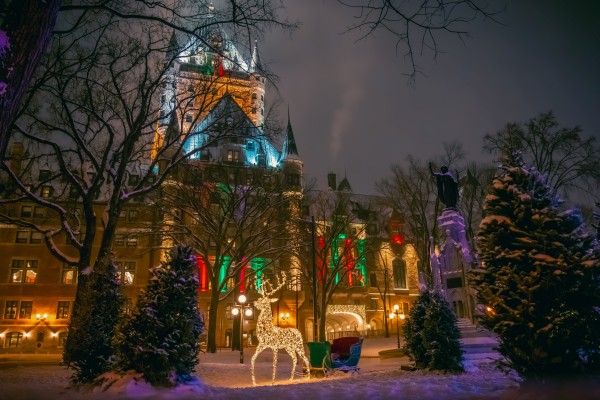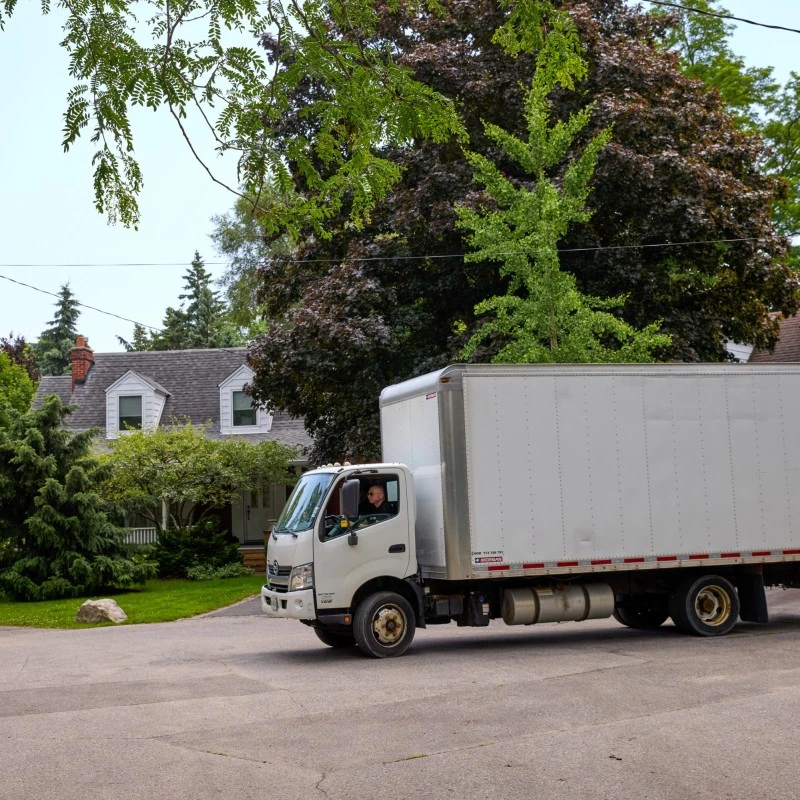
Canadian culture is actually a blend of many different cultures, existing side-by-side in one nation.
From Indigenous roots to European settlers and immigrant communities from coast to coast, Canada seems to have a little bit of everything.
By honouring Canada’s cultural diversity, our society is enriched. Inclusivity should always be a top Canadian value and respect for cultural differences is imperative.
In Canada, our differences are what makes us stronger. Global cultures offer their cultural traditions which fortify and diversify everyday life in Canada. One way to witness the beauty of global traditions and heritages is to take part in the varying festivities offered by our Indigenous and immigrant communities.
READ: Navigating public and multicultural holidays in Canada
Listed below are some of the most important multicultural festivals and celebrations in Canada:
Potlatch
 For hundreds of years, Indigenous people of the Pacific Northwest (i.e. Alaska, Yukon, B.C. and Washington, USA) have been holding powerful ceremonies with deep symbolism.
For hundreds of years, Indigenous people of the Pacific Northwest (i.e. Alaska, Yukon, B.C. and Washington, USA) have been holding powerful ceremonies with deep symbolism.
The word potlatch originated from the Chinook term "Patshatl." This significant ceremony of the Pacific Northwest First Nations communities serves various purposes. Communities hold potlatches to redistribute health, to elevate social status, and to assert territorial rights.
Potlatch ceremonies contain distinct customs and traditions depending on the Nation hosting the event. The events occur during important life events such as weddings and funerals, and can last for days. Feasting, songs, dances, gift giving and speeches are main activities at a Potlatch.
Historically, the Potlatch facilitated the exchange of valuable goods and reinforced social hierarchies. The ceremony still plays a role in maintaining communal cohesion and delineating authority within Indigenous societies.
Powwow

If you’ve ever had a chance to attend a Powwow, images of colours and expressive, exciting dancing and music are most likely etched in your memory, forever.
Powwows are large, vibrant Indigenous gatherings that showcase traditional music, dance, regalia, traditional foods and artisanal craftsmanship. Powwows originated in the Great Plains in the late 1800s and have grown in size and popularity since the 1950s. These events are a way to unify different cultures–everyone is invited including Metis, Inuit and non-Indigenous participants.
Powwows range from non-competitive local gatherings to structured dance competitions featuring different categories of dance. The events are also a place for artists and craftspeople to share their creations.
The N.I.C.E. powwow in Edmonton, Canada, is considered to be the country's largest. With substantial prizes of $5,000 for dancers and $30,000 for drum groups, it attracts the best talent and offers unforgettable expressions of rich Indigenous culture.
Through attending these important celebrations, cultural appreciation, education and community building can grow. Residents of Canada have a responsibility to foster understanding and respect for Indigenous peoples and their cultures.
Summer Solstice Indigenous Festival in Ottawa
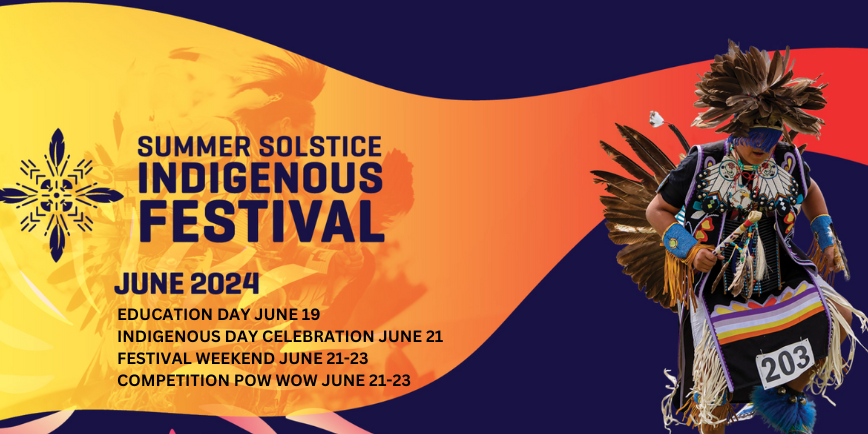 The SSIF is unique in that Indigenous communities from all over Canada attend and celebrate their diverse cultures.
The SSIF is unique in that Indigenous communities from all over Canada attend and celebrate their diverse cultures.
SSIF honours and celebrates Indigenous culture, traditions, and heritage. On summer solstice (typically around June 21st), Indigenous communities share their arts, music, dance, cuisine and craftsmanship. The event includes Powwows, workshops on traditional practices such as drum-making and beadwork, folklore and history storytelling sessions, and live Indigenous music. SSIF promotes dialogue and education on Indigenous issues, cultural exchange and inclusivity.
2025 location and exact date TBA.
Vaisakhi
 Sikhs all over the world celebrate Vaisakhi, also known as the founding of the Khalsa. Khalsa refers to a community dedicated to Sikhism and a select group of initiated Sikhs.
Sikhs all over the world celebrate Vaisakhi, also known as the founding of the Khalsa. Khalsa refers to a community dedicated to Sikhism and a select group of initiated Sikhs.
Vaisakhi originated as a harvest festival in Punjab. On Vaisakhi Day in 1699, Guru Gobind Singh established the order of the Khalsa, comprising Sikhs who pledged to uphold the values of service, equality, and compassion. This moment in history solidified the principles and identity of Sikhism.
In B.C., local Sikh communities in Vancouver, Abbotsford, and Surrey hold Vaisakhi celebrations in April, which include two Nagar Kirtan (parades with spiritual music). The Vancouver Vaisakhi began in 1979 and is the largest single-day festival in the city. Vaisakhi falls on Monday, April 14th 2025, and the Vancouver Vaisakhi Parade will take place on Saturday, April 12th 2025.
Diwali

In Canada where there is a large population of Hindus, residents have the privilege of witnessing one of the most beautiful Indian festivals.
Diwali is the annual Hindu festival of lights, symbolising the spiritual "victory of light over darkness, good over evil, and knowledge over ignorance.”
Diwali is celebrated by lighting shimmering oil lamps (or diyas), laying colourful floor arrangements (or rangoli), sharing delicious food, gathering with friends and family, singing, dancing, and more. It is not a nationwide public holiday in Canada but it is a large festival celebrated in many towns and cities. Over 500,000 Canadian Hindus live in Ontario and Diwali celebrations happen in great numbers in cities such as Toronto, Brampton and Scarborough.
This year, Diwali happens on Monday, October 20th, 2025.
Chinese New Year
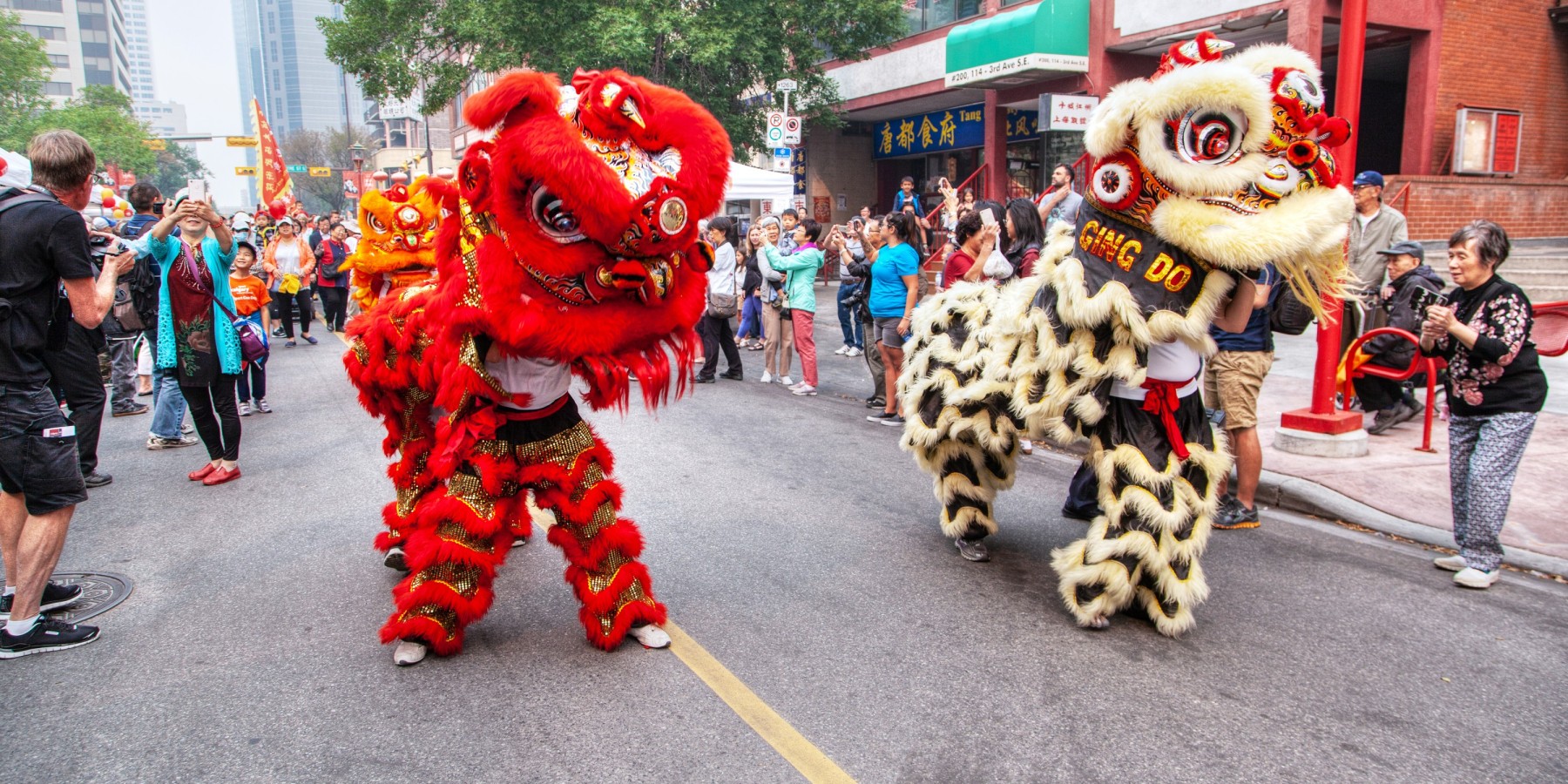
Canada’s Chinatowns offer an immersive experience of Chinese culture. Every year the towns come to life with dazzling parades, celebrations and festivities.
Chinese New Year (a.k.a. Lunar New Year or Spring Festival) is a festival that celebrates the beginning of a new year on the traditional lunisolar Chinese calendar.
Chinese New Year is a big occasion in Canada, with celebrations lasting for days. Street parades, dance festivals with traditional Lunar costumes, fireworks, food stalls and artisan markets all take place in various Canadian cities during this time.
In Toronto, Vancouver and Montreal you will find the largest Chinese New year celebrations. Canada has 8 Chinatowns in total, so you are likely to find a celebration nearby.
This year, Chinese New Year happens on Wednesday, January 29, 2025.
Eid-al-Fitr and Eid al-Adha

Eid-al-Fitr (known as the Lesser Eid) marks the end of the month-long dawn-to-sunset fasting of Ramadan and is celebrated by Muslims worldwide.
On Eid, which fell on March 29th and 30th of this year (2025), members of Canadian Muslim communities gathered to perform a distinct morning prayer, celebrate with family and friends, share traditional food, and exchange gifts and sweets.
Eid-al-Adha (a.k.a. The Feast of Sacrifice or the Greater Eid) honours the willingness of Abraham to sacrifice his son as an act of obedience to God's command. This year Eid-al-Adha falls on Friday, June 6th, and goes until Tuesday, June 10th, 2025. Celebration activities are similar to Eid-al-Fitr.
Eid celebrations can be found in all major Canadian cities.
Vesak

Vesak, a.k.a. Buddha Jayanti, Buddha Purnima, and Buddha Day, is a traditional holiday observed by Buddhists in South Asia and Southeast Asia, as well as Tibet and Mongolia.
As the most important Buddhist festival, it celebrates the birth, enlightenment and passing of the Buddha.
During Vesak, many Canadian Buddhists will go to their local temples to pray, chant, meditate and offer gifts to show respect for the Bhuddha’s life, goodwill and wisdom.
Vesak falls on Monday, May 12th, 2025.
Caribana
 Caribbean culture comes to life every summer in Toronto, with enough festivities and dancing that you will be hearing the infectious rhythms of Caribbean music in your head for days afterwards.
Caribbean culture comes to life every summer in Toronto, with enough festivities and dancing that you will be hearing the infectious rhythms of Caribbean music in your head for days afterwards.
The Toronto Caribbean Carnival, a.k.a. Caribana, is an annual celebration of Caribbean culture and traditions, held in Toronto every August. It's one of North America's largest festivals, drawing over 1.3 million tourists annually for its Grand Parade and boasting an overall attendance of 2.3 million. The festivities span several weeks and culminate in the huge parade which is held over the Simcoe Day long weekend in August. Coinciding with August 1st Emancipation Day, which commemorates the liberation of slaves of African descent, the event is organised by key stakeholders including the Toronto Mas' Bands Association, the Organization of Calypso Performing Artistes, and the Ontario Steelpan Association.
This year Caribana weekend is Friday, August 1st to Monday, August 5th, 2025.
Carnaval Del Sol

Thanks to Vancouver’s Carnaval Del Sol, you don’t need to buy a plane ticket to Latin America to experience the rich, passionate and vibrant culture of our southern neighbours.
Carnaval del Sol is a huge, lively celebration of Latin American culture. The event showcases Latin America’s diversity through food, music, dance, and art. You can watch live performances by renowned Latin American artists, enjoy colourful parades, eat traditional cuisine from various countries, and join in on interactive cultural exhibits. Carnaval del Sol offers attendees a special opportunity to immerse themselves in the culture and energy of Latin America.
This year’s Carnaval Del Sol happens at Jonathan Rogers Park from July 11th to 13th.
Oshogatsu Kai
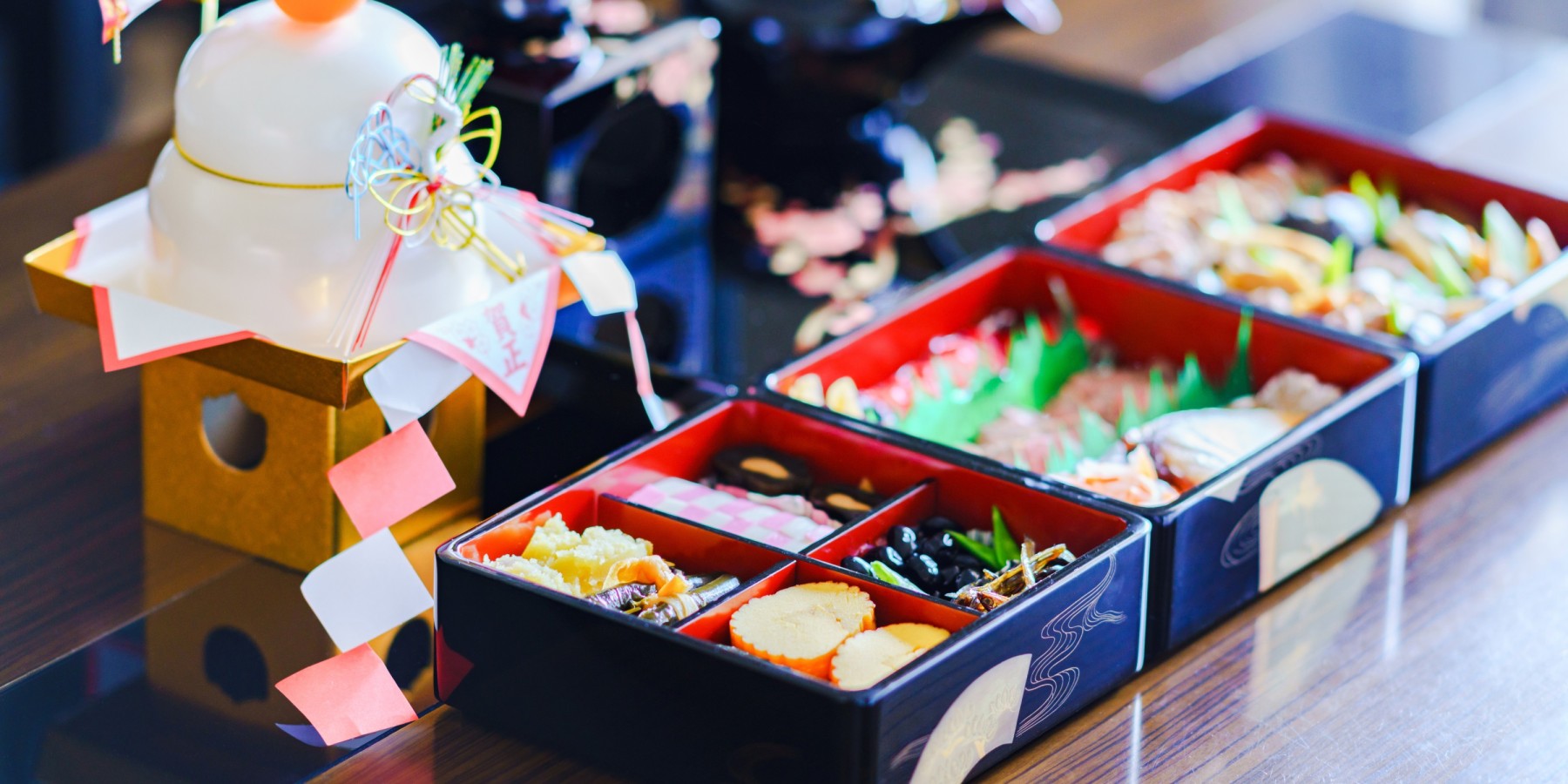
Since 1873, Japan has observed New Year's Day on January 1st, following the Gregorian calendar. Before 1872, Japanese New Year celebrations occurred on the first day of the year according to the traditional Tenpō calendar, which was the final official lunisolar calendar used in Japan.
Japanese Canadians celebrate Oshogatsu Kai by sharing traditional foods and delicacies, taking part in cultural experiences such as mochi pounding, bayou (Japanese Dance), Shishimai (Lion Dance), and Taiko drumming, New Years calligraphy, and matcha tasting. Oshogatsu Kai events provide an opportunity for Japanese Canadians and others to come together and celebrate the New Year by honouring cultural traditions.
Top Move takes the stress out of moving by determining the most efficient and cost-effective moving companies and services to get the job done.
What do our customers say?














